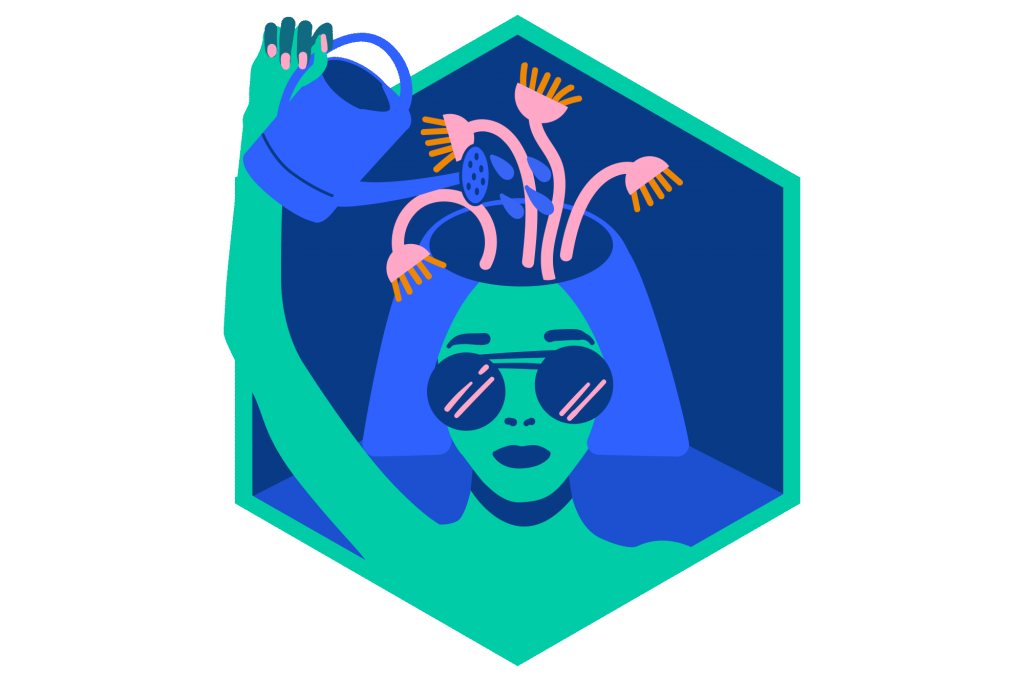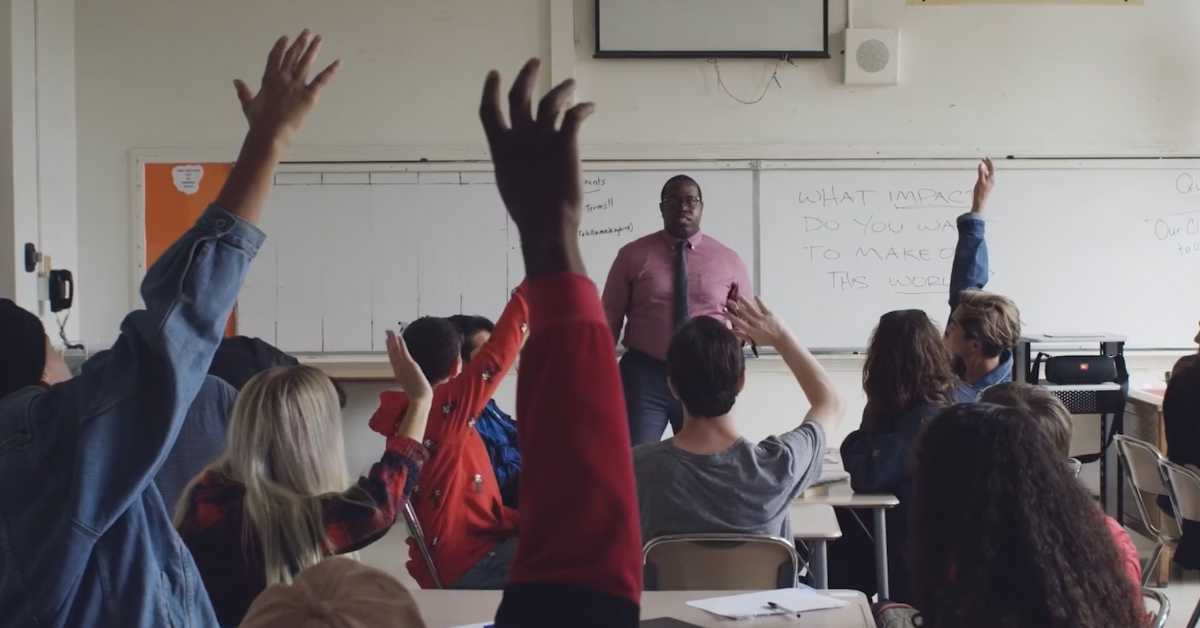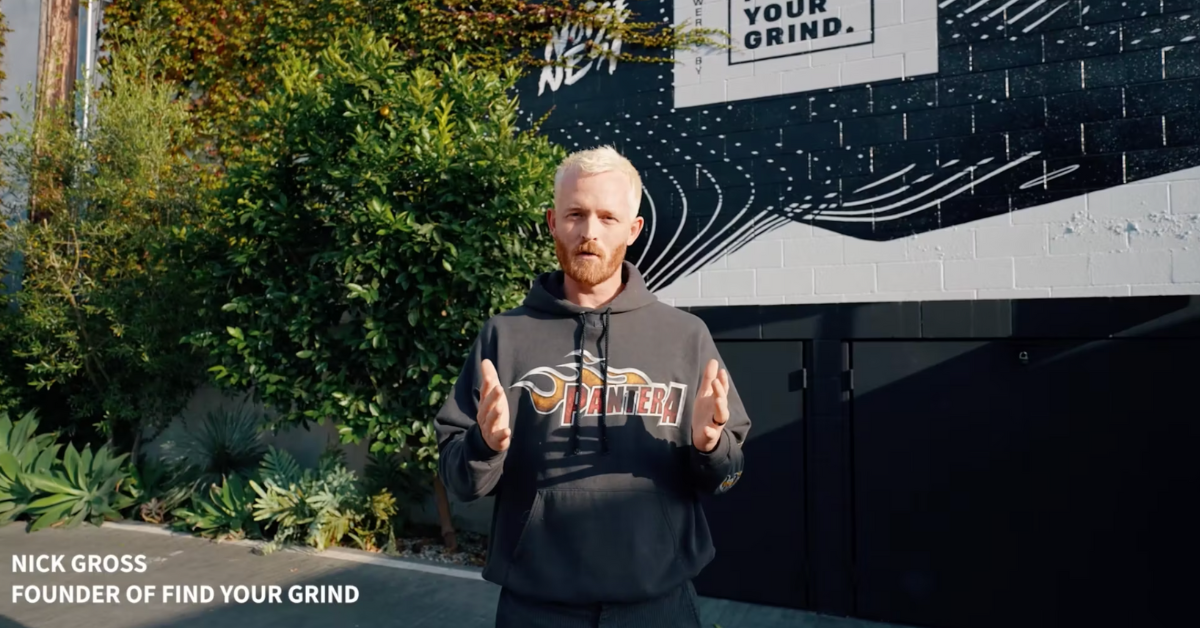September 3, 2021
The Biggest Upskill for Educators in 2020-21 isn’t adopting the Virtual Classroom
It’s not about the level of dedication an educator feels and possesses towards their job, it’s the security they need to feel in order to do it.

As the back-to-school season approaches, teachers are experiencing anxiety and stress toward their school’s plan for the 2020-21 school year. With the government pushing for reopenings and schools preparing to resume in-class instruction, plans have been developed around students to ensure their safety. Meanwhile, teachers are questioning the risks involved with any in-class instruction.
Sharahn Santana from Parkway Northwest High School in Philadelphia dreams about returning to the classroom. But with the fear of the virus not being under control, Santana expresses, “I don’t want the measure of my dedication and commitment to be how willing I am to risk my and my student’s lives.”
There is no one-size-fits-all re-opening plan that can be applied to each school. Whether completely remote, hybrid or fully back, there are pros and cons to all different types of learning settings. This past Spring, educators and parents struggled with what felt like an overnight change and shift to remote learning, with parents feeling the strain of leading instruction. The abrupt, new shift toward online learning also challenged equity and access — and overall, battled engagement for students. For educators, who feed off of classroom dynamics and student energy, they are eager to get back into the classroom to reconnect face-to-face and apply the in-class instructional expertise they were trained in to collaborate directly with their learners and transform conversations into magic teaching moments. Districts are reassessing and recalculating plans on a daily basis, while parents and students are anxiously waiting as return dates get closer. And educators remain stressed and anxious about how to make their students successful.
A New Set of Attitudes to Drive Student Success:
In the last weeks of the 2020 school year, resource lists, communities of support, and floods of articles and social media posts circulated the web around coping tips and mental health awareness. With the school year approaching and no sign of the end of the pandemic, it’s going to take more than managing what seemed to be a temporary disruption to teaching and learning. Instead, this is going to take a new set of attitudes. We’ve transitioned and adopted new systems during these unprecedented times, built new routines, and have implemented self-care into our daily life. However, we may need more than a daily reminder to eat right, get enough sleep, and manage the information we’re receiving. As education systems begin to evolve to a “new normal,” each of us will be challenged to meet this evolution in the middle. That’s why the biggest upskill for educators this 2020-21 school year isn’t adopting the virtual classroom, but practicing (and modeling) a growth mindset.
What is the Growth Mindset?
With a growth mindset, failures are seen as an opportunity to learn and improve abilities or systems. Taking on challenges, trying strategies, and committing to that growth means finding a way to make it work. This past Spring, educators have used a growth mindset as a coping skill or a lesson for their students to help with the transition into online learning. But for this 2020-21 school year, a growth mindset will become an everyday philosophy and practice not only to cope with the stresses of the pandemic but to build resilience, adapt to new norms, and act proactively in order to thrive mentally, academically, and emotionally.
Take it from Yemi Amu, an aquaponics farmer, community educator, and founder of Oko Farms, who practices a growth mindset every day in her farm and urban farming education. During a Misfit Educators 101 broadcast of FYG Live, Yemi encourages educators to “approach the work from a place of joy and curiosity.” She explains, “I believe it takes away the overwhelmingness of the whole thing. There is a part of nature that is completely chaotic, and I go with it. There’s so much that is not in my control, and I certainly go with that.” While a lot of uncertainty still hangs in the air, you still have control over your approaches like joy and curiosity. “I think when you allow your curiosity to take over, . . . you feel you don’t have to get a certain result.”
Despite the criticism of remote learning and virtual classrooms, this is a time to reform education and build new ways of learning. The immediate response to pivot to a remote setting may have not provided a solid initial answer since most virtual classrooms were designed to mimic traditional face-to-face ones. Online learning can never replace a traditional classroom but the right kind of online learning design can provide a solution to what a student needs today: student agency, ownership of learning, self-directed experiences, and a more personalized learning journey. With educators weighing in on how to make virtual or hybrid learning more successful for their students, educators must remember the power in trial and error — and how failures are opportunities for growth. The change and opportunity begin now. This is the moment not to get too comfortable or fixed into traditional learning settings, to try new ideas like digital programs and virtual experiences, learning tactics, and most importantly create environments that encourage student agency and teach student ownership.
Alongside our Misfit Educators, we understand what it feels like to go out of your comfort zone to grow. In response to the stay-at-home order, Find Your Grind produced FYG Live — live broadcast programming for educators, parents, and students on Twitch that included educator and parent panels, workshops + lessons, and mentor interviews. As a new season approaches, we’ve reflected on our wins and challenges and made adjustments to our ongoing event series, offering high school seniors an 8-week virtual event experience called Future Ready starting in the Fall. More than ever, we want to continue to support you and would like to share the tips we’ve learned from some of our FYG Mentors and our own experience from FYG Live to help in building a successful growth mindset practice.
How to apply the growth mindset:
Use these growth mindset indicators in 2020-2021:
- Reflection and develop the next steps. Ask yourself, what didn’t work for my classrooms last Spring? How can I pivot so online learning can work for myself and my students?
- Reaffirm yourself. Are you having trouble learning or understanding the digital space? Tell yourself you want to work on it or remind yourself you are currently learning a new skill. This reaffirmation is more important than saying what you don’t know or can’t do.
- Accepting failure as an opportunity. Now you know what doesn’t work in your classroom, and can focus on new strategies to try.
- Take risks. The willingness to learn means making mistakes.
- Encourage others. Creating a space and an environment where everyone practices a growth mindset will encourage risk-taking, reflection, and exploration.
Celebrate yourself! What worked for your classroom last Spring? How can you continue to use that this school year?


